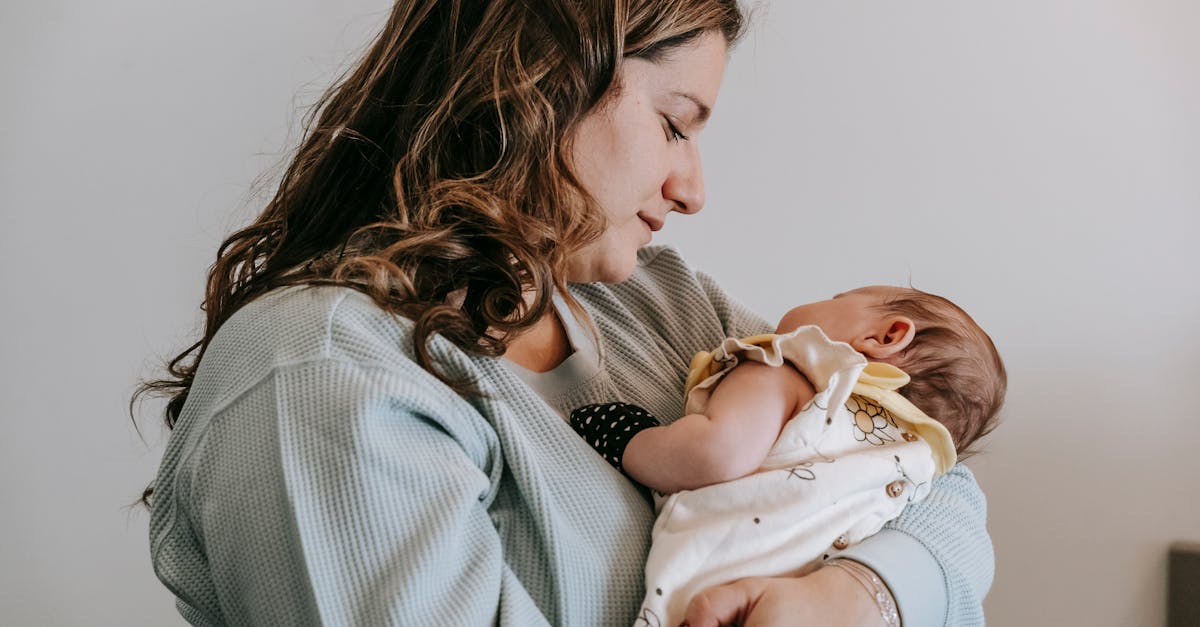Research Local Food Safety
Traveling with a baby involves some research. When considering dietary concerns, knowing the safety of local foods is crucial. Many destinations have different food safety standards.
Learn about typical food preparation and storage methods. For example, street food might be tempting but isn’t always safe for little tummies. Ask for advice from other parents who have traveled to the same location or read online reviews from trusted sources.
Your baby’s health is a priority, so play it safe.

Pack Familiar Snacks
Babies are notoriously picky eaters. Packing familiar snacks can be a lifesaver. Think about high-nutrition items like fruit pouches, cereal bars, and formula. These can provide nourishment and comfort in unfamiliar settings.
Make a checklist of essential food items before leaving. This can save you from the panic of hunting down baby-friendly food in a foreign country.

Understand Local Cuisine
Understanding the local cuisine helps navigate dietary concerns for babies. Different countries have varied diets that might be unfamiliar to your baby. Learn about local fruits and veggies you can introduce safely. Ask locals or use translation apps to understand food labels. This knowledge can help you avoid allergens or ingredients your baby can’t have. Experimenting with new foods can be fun but proceed with caution.

Seek Pediatrician Advice
Seek advice from your child’s pediatrician before traveling. They can provide tailored advice based on your baby’s health history. Discuss vaccinations or medications needed for safe travel. If your baby has allergies, get a list of translations for those allergens in the local language. This can prevent accidental exposure.

Check Water Quality
Water quality is a critical factor. Always check if the local water supply is safe to drink. Use bottled or boiled water for mixing formula or baby food. Research if water filters or portable sterilizers are viable options. Avoid using ice in your baby’s drinks as it might be made from unsafe water.

Introduce New Foods Slowly
Introduce new foods slowly to monitor reactions. Travel exposes babies to new ingredients and potential allergens. Start with small amounts and wait to see if there’s any reaction. A gradual approach minimizes risk and helps build your baby’s tolerance to new foods. Keep a record of what you’re introducing and any reactions. This helps in maintaining a safe diet plan during your trip.

Stay Calm and Flexible
Emotional challenges are part and parcel of traveling with a baby. Practicing flexibility and staying calm is essential. Babies sense your stress and discomfort. Embrace the new environment and make your baby’s diet part of the adventure. Imagine sharing a meal under the stars in a new country. Sometimes, a sense of humor and keeping things in perspective can turn stressful moments into cherished memories.

